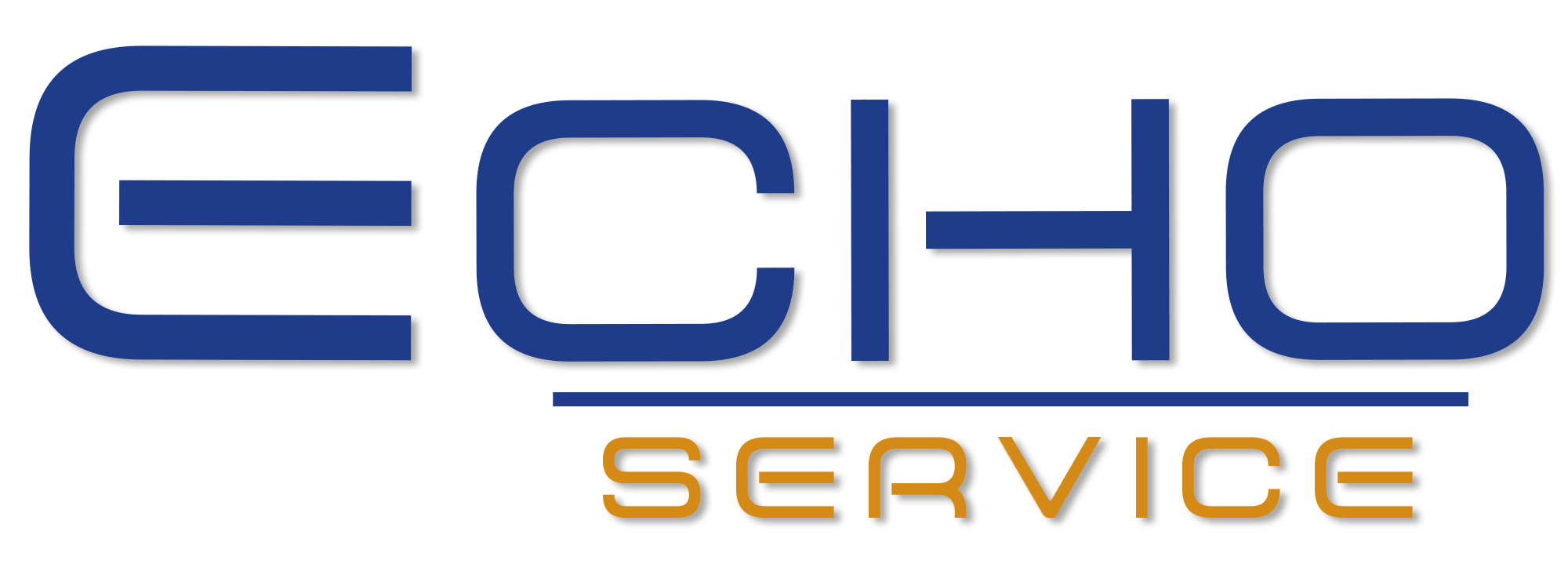ECHO
e-commerceOutsourcing im E-Commerce refers to the outsourcing of certain tasks or processes related to e-commerce to external service providers. E-commerce encompasses the sale of goods or services over the Internet and involves various aspects such as online store development, product catalog management, order processing, payment processing, shipping logistics, customer service, and online marketing.

When outsourcing e-commerce, companies can delegate certain tasks or responsibilities to external service providers, including:
- Online Store Development: Developing a powerful and user-friendly online store requires technical know-how and design skills. Companies can outsource the development of the online store to external service providers who have experience and expertise in creating e-commerce platforms.
- Product Catalog Management Managing the product catalog includes adding, updating, and deleting products, organizing categories and attributes, and optimizing product descriptions and images. This can be delegated to external service providers who efficiently manage the product catalog and keep it up-to-date.
- Order processing: Processing incoming orders, checking inventory availability, order fulfillment, and communicating with customers require effective logistics and smooth operations. Companies can outsource these tasks to external service providers who specialize in order processing.
- Payment: The integration of payment gateways and the processing of online payments require security and expertise in dealing with financial transactions. Companies can outsource payment processing to third-party service providers who provide secure and reliable payment solutions.
- Shipping logistics: Efficiently managing inventory control, storage, picking, packing, and shipping is critical to running an e-commerce business smoothly. Companies can delegate these tasks to external service providers who have experience in shipping logistics and deliver the orders to customers on time.
- Customer service: However, it is important to note that SAP outsourcing can also present some challenges, such as the need for clear communication and collaboration with the service provider, ensuring compliance with data protection and security requirements, and ensuring smooth integration between internal and external systems.
- Online-Marketing: The promotion of the online store requires marketing activities such as search engine optimization (SEO), search engine marketing (SEM), social media marketing, content marketing, and email marketing. Companies can outsource these marketing tasks to external service providers who have expertise and experience in e-commerce marketing.
Advantages of outsourcing in e-commerce can be:
- Specialized know-how: External service providers specializing in e-commerce have expertise and experience in developing and managing online stores.
- Scalability and flexibility: Outsourcing allows companies to expand or reduce their e-commerce activities as needed without having to build up internal resources.
- Cost savings: By outsourcing certain tasks in e-commerce, companies can reduce costs for infrastructure, personnel and training and focus on their core competencies.
However, it is important to note that e-commerce outsourcing requires clear communication, good cooperation, and careful selection of service providers to ensure that individual business needs are met and the customer experience remains positive. Privacy, security and data protection should also be taken into account, especially with regard to the handling of customer data and payment information.
Get in touch with us. We work out an individual solution with you.

